STCW Personal Safety and Social Responsibilities
1. Aims
This model course aims to meet the mandatory minimum requirements for seafarers for familiarization, basic safety training and instruction in accordance
with Section A-VII1 of the STCW Code.
2. Objective
Due to the vastly different environment on a ship as compared to ashore, this course is designed to prepare new recruits for a life at sea. Working on a ship
can be hazardous occupation for the uninitiated. This course will give new seafarers an insight into the various elements of a ship and working procedures
on board so that they adjust to the shipboard environment, and are better prepared to cope with any unforeseen circumstances. To that extent this course
is planned to make their transition from a shore to a sea career smooth and give some knowledge of ship’s working before they actually step on board a ship.
A trainee successfully completing this course will be able to:
comply with emergency procedures ~
take precautions to prevent pollution of the marine environment
observe safe working practices
understand orders and be understood in relation to shipboard duties
contribute to effective human relationships on board ship
3. Knowledge, understanding and proficiency:
The trainee will be able to understand the following:
1. Complies with established emergency response plans and procedures
2. Identifies emergency alarm signal
3. Takes correct action in given emergency drills
4. States that it is a legal requirement to protect the marine environment from pollution by ships
5. Describes the effects of operational or accidental marine pollution
6. Describes procedures adopted on board to minimize marine pollution
7. Identifies safety hazards in given situations
8. Selects the correct personal protective equipment for shipboard tasks
9. Adheres to procedures for entry into enclosed spaces
10.Understands and actions promptly orders commonly given on board ship
11.Communicates clearly and effectively with shipmates and those in authority
12.Describes the dangers of drug and alcohol abuse
13.Recognises the effects of drug and alcohol
14.Demonstrates a harmonious working relationship with other prospective seafarers
4. Entry Standards
This course is open to all seafarers who are to serve on board a sea-going merchant ship.
There are no particular educational requirements.
5. Assessment Method
Trainee will be assessed against the learning outcomes specified in section 3 using oral and/or written questions as appropriate.
6. Course Certificate
On successful completion of the course and demonstration of competence, a document may be issued certifying that the holder has met the standard of
competence specified in table A-VI/1-1 of STCW Code with validity for 5 years.
7. Course Intake Limitations
Student intake per class not to exceed 16.
Student / lecturer ratio not exceed 16:1 for theory and 6:1 for practical.
8. Staff Requirements
The instructor shall have appropriate training in instructional techniques and training methods (STCW Code, Section A-I/6, para 7).
9. Duration and Timing
1 Day
10. Venue
Theoretical sessions will be performed in QISC’s air conditioned classrooms.
11. For more information
Please contact us direct for availability & costs:
Email: training@madinagulf.com
Tel: +974 4450 1223
Fax: +974 4450 1220
www.qisc.net / www.madinagulf.com
